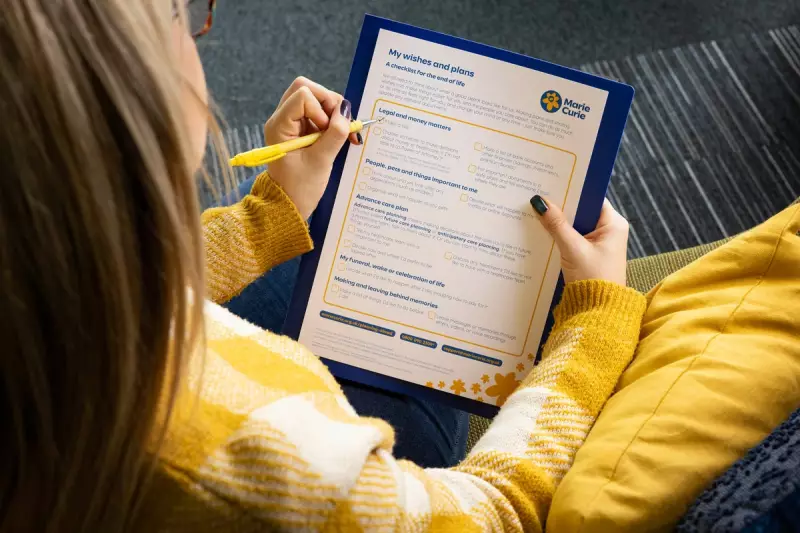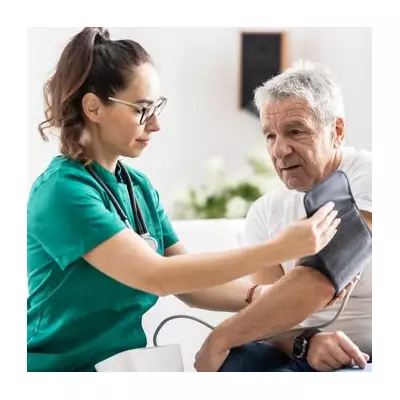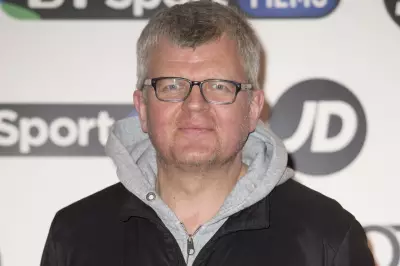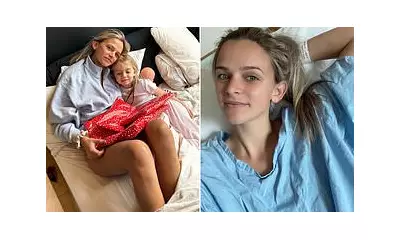
A devastating new report has laid bare the alarming state of end-of-life care across the United Kingdom, revealing that thousands of terminally ill patients are being failed by the system during their most vulnerable moments.
The Stark Reality of Dying in Britain Today
Research conducted by leading end-of-life charity Marie Curie has uncovered a healthcare system struggling to provide basic dignity and comfort to those approaching death. The findings paint a troubling picture of delayed support, inadequate pain management, and overwhelmed services.
Key findings from the report reveal:
- Critical delays in accessing essential pain relief and specialist equipment
- Widespread shortages of qualified palliative care professionals
- Significant regional disparities in care quality and availability
- Families left unsupported and unprepared for the realities of end-of-life care
A Growing Crisis Amidst Demographic Changes
The report comes at a crucial time, with an ageing population and increasing numbers of people living with complex chronic conditions. Experts warn that without immediate action, the situation will deteriorate further, leaving more vulnerable individuals without the compassionate care they deserve.
"We are witnessing a perfect storm of increasing demand and insufficient resources," explained a senior healthcare analyst. "The gap between what patients need and what the system can provide is widening at an alarming rate."
Call for Urgent Government Action
Marie Curie is urging policymakers to address what they describe as a "national emergency" in palliative care. The charity has outlined several critical recommendations, including increased funding for community-based services and better integration between NHS providers and social care systems.
The report serves as a stark reminder that how a society cares for its dying members reflects its fundamental values and compassion. With winter approaching and healthcare services already under strain, the need for comprehensive reform has never been more urgent.





